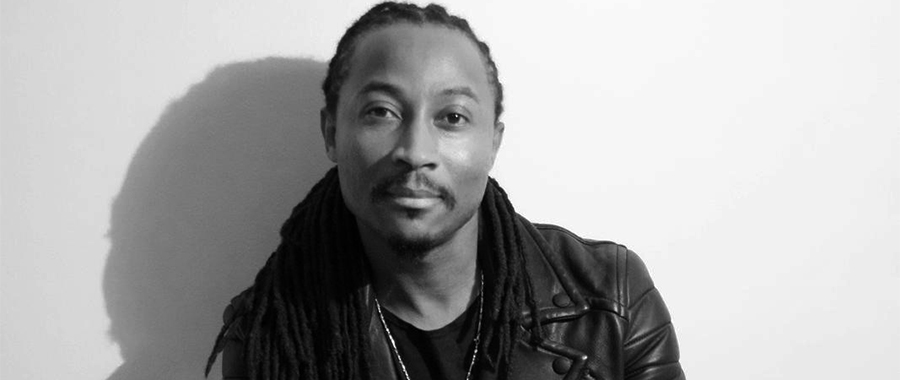In contemporary society, the intricate relationship between music and spirituality has become an undeniable phenomenon, particularly within realms as vibrant and dynamic as Electronic Dance Music (EDM). For many, the pulsating rhythms and synthetic sonorities of EDM serve as a conduit to transcendence, where the corporeal and the ethereal interlace, offering a profound experience of the divine. This article aims to explore how the Bahá’í teachings resonate with the essence of EDM and, in turn, facilitate a deeper connection with God.
The allure of electronic music often lies in its ability to evoke a multitude of emotions. The ecstatic highs and contemplative lows experienced in a single set can mirror the spiritual journey—one filled with peaks of enlightenment and valleys of introspection. Bahá’í teachings emphasize the unity of all beings and the pursuit of spiritual enlightenment, echoing the sentiments often found in the rave culture, where communal experiences foster a sense of belonging and shared purpose.
At the core of Bahá’í philosophy is the notion of oneness. The music festivals where EDM flourishes are often microcosms of this ideal. Participants from varied cultural and social backgrounds congregate, united by a common appreciation for rhythmic innovation and the shared experience of melodic euphoria. The Bahá’í faith posits that humanity is a single race, and the gatherings fostered by EDM exemplify this belief, creating an environment devoid of societal barriers, wherein individuals can explore their spirituality together.
The immersive nature of EDM, characterized by its fractal soundscapes and relentless beats, can facilitate a meditative state akin to that sought by practitioners of various faiths. The vibrations resonate not only through the air but through the very marrow of one’s being, touching upon a universal longing for connection with the divine. Inherent within Bahá’í teachings is the concept that music, as a form of artistic expression, can lift the soul to exalted heights, and EDM, particularly in its more ethereal forms, transcends mere entertainment to become a spiritual experience.
The phenomenon of “flow,” as described by psychologist Mihaly Csikszentmihalyi, often encapsulates the experience of participating in a live EDM event. Attendees frequently report feelings of euphoria, unity, and heightened awareness, all hallmarks of a spiritual awakening. The Bahá’í writings encourage such states of consciousness, asserting that engaging in activities that foster unity and joy elevates the collective human spirit, bringing individuals closer to their Creator.
Moreover, the very act of dancing, an integral component of EDM culture, can be seen as a physical manifestation of spiritual devotion. In many cultures, dance plays a pivotal role in religious rituals, serving as a means of expressing reverence to the divine. In the Bahá’í context, movement and rhythm can symbolize the soul’s journey towards God, embodying the idea that one must strive towards spiritual awakening, often through physical expression.
EDM also encapsulates a revolutionary soundscape that resonates deeply with the Bahá’í emphasis on progress and unity. The genre is characterized by innovation and the seamless blending of styles, much like the Bahá’í vision for the integration of diverse cultures in a harmonious global society. Just as an EDM track may incorporate elements from various musical traditions, so too does the Bahá’í faith advocate for a synthesis of religious beliefs and cultural expressions, heralding a new epoch of universal consciousness.
Another point of convergence is the transient nature of the music experience. Festivals and raves, often ephemeral by design, reflect the Bahá’í understanding of the impermanence of worldly experiences. While the euphoric moments may be fleeting, they serve as a reminder of the eternal spiritual truths that underpin human existence. This ephemerality calls to mind the importance of savoring each moment and finding meaning within the temporal frame, further deepening one’s spiritual journey.
In the embrace of EDM, one may encounter spiritual teachings in unexpected ways. Lyrics infused with themes of love, unity, and introspection resonate with the essential tenets of the Bahá’í faith. Artists often utilize their platforms to express the universal longing for connection, offering messages that elevate the soul and encourage listeners to embark on their own path towards enlightenment. Thus, the dialogue between EDM and Bahá’í teachings becomes a rich tapestry woven from threads of shared humanity.
Furthermore, the auditory experience in EDM can serve as a medium for personal reflection and solace. Just as prayer and meditation offer pathways to connect with God, so too can music provide a soundscape conducive to contemplation. The uplifting beats and melodic progressions can nurture a space where individuals seek solace in their innermost thoughts and emotions, intertwining the secular and the sacred.
Ultimately, the intersection of EDM and Bahá’í teachings offers an enriching exploration of the divine. This journey through sound and spirituality highlights the importance of connection—both to oneself and to others. As individuals engage with the pulsating rhythms of electronic music, they may discover a unique avenue for approaching the divine, fostering feelings of unity and transcendence that resonate with the very essence of Bahá’í philosophy.
In conclusion, the vibrant world of Electronic Dance Music does not merely entertain; it serves as a powerful vehicle for spiritual connection, intimately aligning with Bahá’í principles. As souls immerse themselves in the rhythms and harmonies, they may come to realize that every beat holds the potential to ignite a deeper awareness of God’s presence in their lives.
